Overview
Sexually transmitted infections (STIs, also called sexually transmitted diseases or STDs) are infections passed between people during sexual contact — especially with direct contact of the genitals, anus, mouth, or skin.
There are more than 20 different types of STIs. In the United States, the most common are:
- Human papillomavirus (HPV)
- Genital herpes (HSV-1 and HSV-2)
- Trichomoniasis
- Chlamydia
- Human immunodeficiency virus (HIV)
- Gonorrhea
- Syphilis
- Viral hepatitis
STIs are very common in people who are sexually active. There are about 26 million new cases in the U.S. every year, and about half of those are in people aged 15 to 24. STIs are easy to diagnose, and most can be cured. And there are good treatments to manage the symptoms of the ones that can’t be cured.
Knowing about STIs, including preventing, diagnosing, and treating them, is an important part of staying healthy. Untreated STIs can lead to permanent health problems, so if you are sexually active, make time to get screened regularly for STIs.
Causes
Sexually transmitted infections are caused by different types of bacteria, viruses, and parasites. Anyone who is sexually active can get an STI — even if your partner doesn’t have any symptoms or you only have sex once.
According to the Centers for Disease Control and Prevention (CDC), some groups of people are more affected by STIs:
- Teenagers and young adults
- Men who have sex with men
- Pregnant women and babies
- Certain racial and ethnic groups
You may also be more likely to get an STI if you:
- Are not vaccinated (for HPV and hepatitis B)
- Have anal, vaginal, or oral sex without a condom or other barrier
- Have multiple sex partners
- Have anonymous sex partners
- Have sex while you’re under the influence of drugs or alcohol, which can result in greater risk-taking
Another possible risk factor is an infection called bacterial vaginosis, which happens when a certain type of bacteria in the vagina outnumbers the “good” bacteria. Bacterial vaginosis isn’t an STI, but having it increases your risk of getting an STI. It can be treated with antibiotics.
Symptoms
Sexually transmitted infections can cause uncomfortable symptoms — or sometimes have no symptoms at all. Even without symptoms, STIs can still be contagious.
You might have an STI if you’ve noticed any of these common symptoms:
- Unusual discharge from the genitals
- Sores or warts in the genital area
- Painful or frequent urination
- Itching or redness around the genital area
- Blisters or sores around the mouth
- Abnormal genital odor
- Stomach or pelvic pain
- Fever
Not treating an STI can cause serious long-term health problems and could even lead to death. It’s important to get screened regularly if you’re sexually active, so you can protect yourself — and your partner(s).
Treatment
There are many easy, confidential, and convenient ways to get tested for STIs. Options include:
- Your primary care provider
- Confidential clinics like Planned Parenthood and FastMed
- Local free clinics
- Telehealth services
- At-home STI kits
Different types of tests can detect an STI. Depending on your symptoms and situation, your provider may suggest one (or all) of the following tests:
- Urine test: Gonorrhea, chlamydia, and trichomonas infections can be diagnosed from a small urine sample collected in a cup.
- Genital swab: Some STIs can be diagnosed from cells collected from inside the genitals. This is done by inserting a thin swab into the urethra or the vagina.
- Blood tests: Blood tests can diagnose certain STIs — like syphilis, HIV, and hepatitis B. A blood test can also check whether you’ve had a herpes infection in the past.
- Samples from sores or ulcers: A fluid sample from an open sore in your genital or mouth area can be used to diagnose some STIs, like herpes.
- Testing for HPV: HPV can be diagnosed during regular cervical screening or by home testing.
Medications
If you test positive for an STI, you may feel scared or embarrassed. But remember, many STIs are easily cured — and all of them can be treated.
STIs that can be cured with antibiotics include:
- Chlamydia
- Gonorrhea
- Syphilis
- Trichomoniasis
Some STIs cannot be cured but can be well-managed with medications and regular visits to your healthcare provider. These include:
- Herpes simplex. Though there is no cure, antiviral pills can help prevent and manage symptoms. Medication can also help outbreaks heal faster and decrease your chances of infecting someone else.
- Human papillomavirus (HPV). Though there is no cure for HPV, most infections will go away on their own in 1 to 2 years without causing any health problems. If they don’t go away, certain types of HPV can cause genital warts and cervical cancer.
- HIV and hepatitis B. These are more complicated viral infections and need referrals to a specialist for complete evaluation and a longer course of treatment. Antiviral medications can slow down these conditions and protect your body.
Treating sexual partners if you have an STI
If you have an STI, it’s important to tell your sexual partner or partners. If possible, they should also be evaluated, tested, and treated. This should include partners within the last 60 days or your last partner if your last sexual contact was more than 60 days ago.
If you’ve been diagnosed with chlamydia or gonorrhea, expedited partner therapy can be used in some situations. This is when your provider will give you a prescription or medication to give to your partner without actually examining them.
You should wait to have sex until you have finished all the medications and no longer have symptoms, and your partner has also been treated and has no symptoms. If you’ve been treated for chlamydia with one dose of antibiotic, you should still wait 7 days before having sex.
Prevention
The best way to prevent an STI is to not have sex — oral, vaginal, or anal. But if you’re sexually active, practicing safer sex can definitely lower your risk of getting an STI. Some tips include:
- Get vaccinated against hepatitis B and HPV.
- Use a condom or other barrier every time you have anal, vaginal, or oral sex.
- Have fewer partners, or commit to just one sexual partner (monogamy).
- Talk with your partner about your sexual histories, and get tested before having sex.
- Avoid substance use before and during sex.
- Use pre-exposure prophylaxis (PrEP) if you’re at risk for HIV.
- Enjoy lower-risk activities, like dry humping (grinding), masturbation, and kissing.
It’s also a great idea to get screened regularly for STIs — even if you don’t have any symptoms or are in a long-term relationship. All sexually active adults should get checked for STIs at least once in their lifetime.
You may need to be screened more often if you:
- Are pregnant
- Have multiple sexual partners
- Are a man who has sex with men
- Have unprotected sex
- Are under the age of 25
- Have a sexual partner with an STI
- Have had an STI before
Medications & Collections
These drugs are vital for controlling and improving the health of individuals with this condition. They include both preventive and symptomatic treatments.
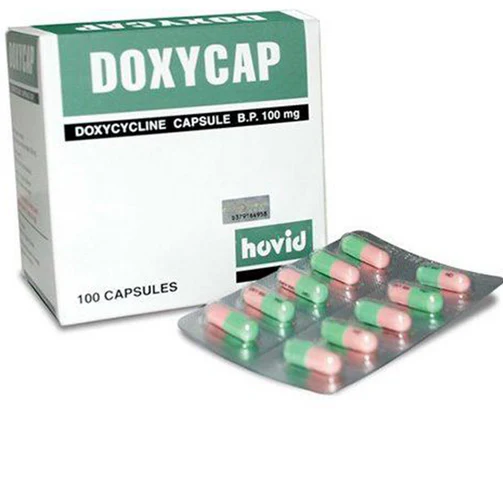
Doxycap 100mg
₦1,100
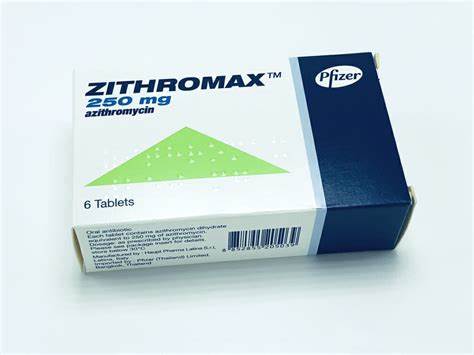
Zithromax 250mg
₦14,750
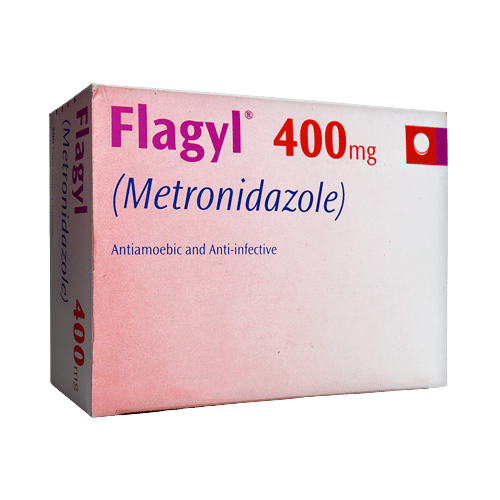
Flagyl 400mg
₦1,950
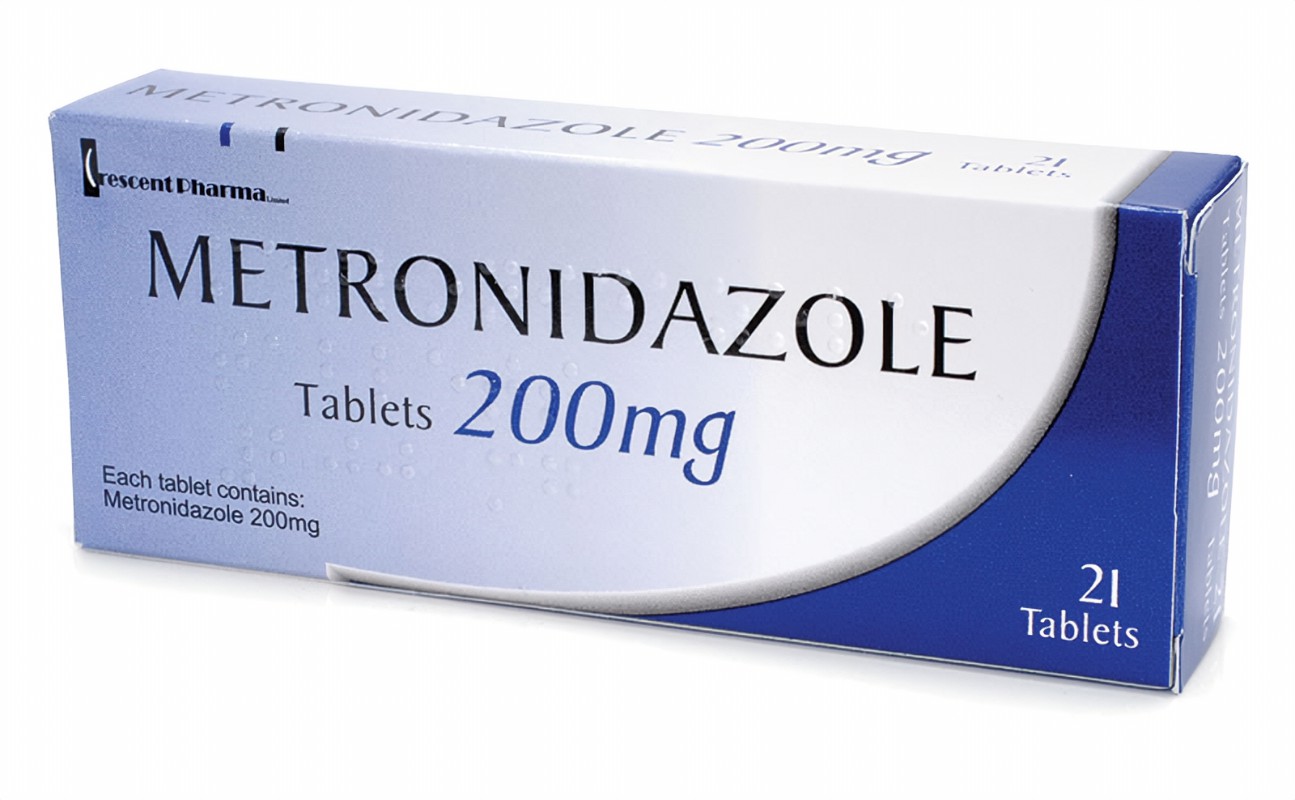
metronidazole 200mg
₦3,000
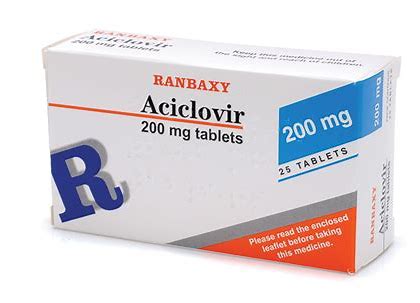
Aciclovir 200mg
₦9,600
